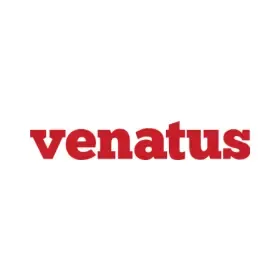The Best Demand Side Platforms (DSPs)
Digital advertising has become a crucial aspect of modern-day marketing. In 2023, the competition for digital advertising has increased tenfold. As a result, choosing the right demand-side platform (DSP) has become more important than ever. This blog post will provide an overview of the best demand-side platforms in 2023 and guide you in choosing the right one for your business.
Demand-side platforms are software tools that help advertisers purchase and manage ad inventory across multiple ad exchanges, data exchanges, and supply-side platforms. DSPs provide a single platform for advertisers to plan, buy, and optimize digital media campaigns. They automate the process of ad buying by leveraging data and algorithms to reach the right audience with the right message at the right time and price.

How to Choose the Best Demand Side Platforms?
Choosing the right DSP can make a significant difference in the success of your digital advertising campaign. Here are some factors to consider when choosing the best DSP:
- Targeting capabilities: The DSP you choose should offer advanced targeting capabilities that allow you to reach your target audience with precision. It should have access to first-party data, third-party data, and contextual data to help you find the right audience.
- Inventory quality: The DSP should provide access to high-quality inventory that is brand-safe and viewable. It should also offer transparency in terms of where your ads are being placed.
- Analytics and reporting: The DSP should provide detailed analytics and reporting features that allow you to track the performance of your campaigns in real-time. It should also offer insights into audience behavior, ad placement, and attribution.
- Budget and pricing: The DSP should provide flexibility regarding budget and pricing options. It should also provide the ability to set bidding rules and optimization strategies.
- Integration with other platforms: The DSP should integrate seamlessly with other advertising and analytics platforms such as Google Analytics, Facebook Ads, and Salesforce.
Refinery89 provides Demand Side Platforms that enable advertisers and publishers to automate and optimize ad purchasing, driving revenue through data-driven targeting and real-time bidding strategies.
SmartyAds DSP brings you a user-friendly plaform that runs targeted and engaging ads that helps convert users. With clear nd simple navigation, users will not have to spend more time on campaign management and you get detailed and custom reports with all the insights to grow.
Epom ensures simple, data-driven, and economical media procurement through their customized, self-serve, white-label DSP, to leverage programmatic bidding and sell premium placements directly.
Ascendeum is a publisher-focused programmatic advertising platform that combines AI-powered optimization with human expertise. Offering comprehensive yield management solutions and 24/7 support, Ascendeum empowers publishers to maximize their ad revenue while maintaining full transparency and control.
Simpli.fi is a Demand Side Platform (DSP) that enables publishers to optimize programmatic advertising through granular targeting and automated bidding. With its data-driven approach, Simpli.fi helps publishers maximize ad revenue by leveraging audience insights and real-time campaign adjustments.
Bidmind is a Demand Side Platform (DSP) that enables publishers to access a wide range of programmatic advertising opportunities. It offers advanced targeting, real-time bidding, and optimization tools to help maximize revenue and improve ad performance.
Geniee is a Demand Side Platform (DSP) tailored for publishers, facilitating programmatic advertising by connecting them with multiple ad exchanges and supply sources. It enables publishers to efficiently manage and optimize their ad inventory, maximizing revenue through real-time bidding and advanced targeting capabilities.
Potensus provides Demand Side Platforms that enable publishers to automate and optimize ad buying, enhancing revenue with data-driven targeting and real-time bidding strategies.
R2B2 is a digital advertising platform established to provide assistance to publishers and maximize revenue from ongoing ad campaigns. Innovative ad formats are provided along with optimization strategies and techniques to ensure the highest monetization. Working currently with 900 websites across the globe, the chain of R2B2 is increasing every day. This R2B2 review highlights the platform's commitment to providing technical support, with a dedicated team available to assist publishers at any time.
33Across provides publishers with a full suite of tools and solutions that can enable them to improve their advertising strategy and maximize revenue. With its innovative approach to identity-based advertising combined with user-friendly features and capabilities, 33Across is a perfect choice for publishers to help them navigate the constantly evolving digital advertising landscape. With 33Across, publishers can optimize their monetization efforts and deliver impactful advertising experiences that resonate with their audiences.
More Information on Demand Side Platforms
Demand-side platforms play a vital role in the digital advertising ecosystem. They provide advertisers with a single platform to manage their ad campaigns across multiple channels and devices. DSPs use real-time bidding (RTB) to purchase ad inventory on behalf of advertisers. They also leverage data and algorithms to optimize campaigns, improve targeting, and increase ROI. Some key trends across DSPs include:
- AI and Automation: DSPs are increasingly leveraging artificial intelligence and automation for better targeting and ad optimization. Statistics on AI adoption and its impact on campaign performance can be revealing.
- Data Privacy and Regulation: The impact of data privacy regulations (e.g., GDPR, CCPA) on targeting capabilities and the use of third-party data in DSPs may be reflected in statistics.
- Cross-Channel Campaigns: As advertisers aim for a holistic view of their campaigns, statistics on cross-channel advertising through DSPs may become more prominent.
- Transparency and Brand Safety: Advertisers are increasingly focused on transparency and brand safety. Look for statistics on efforts to enhance transparency and avoid ads appearing in unsafe environments.
- E-commerce Advertising: With the growth of e-commerce, DSPs may show increased statistics related to e-commerce ad campaigns and strategies.
- Ad Fraud Mitigation: Statistics on efforts to combat ad fraud within the programmatic ecosystem, including through DSPs, will be of interest.

Demand-Side Platforms (DSPs) have revolutionized digital advertising by providing marketers with powerful tools for programmatic ad buying. They offer real-time targeting, optimization, and access to vast ad inventory, leading to increased efficiency and ROI. The data-driven approach of DSPs has become integral in the modern advertising landscape, making them a critical component for advertisers looking to reach and engage their target audiences effectively. However, it's essential for marketers to stay informed about industry trends, evolving technology, and data privacy regulations to make the most of DSPs in their advertising strategies.
Demand Side Platforms FAQs
Our Editors’ Pick:
Browse these amazing publisher monetization tools handpicked by our team of editors

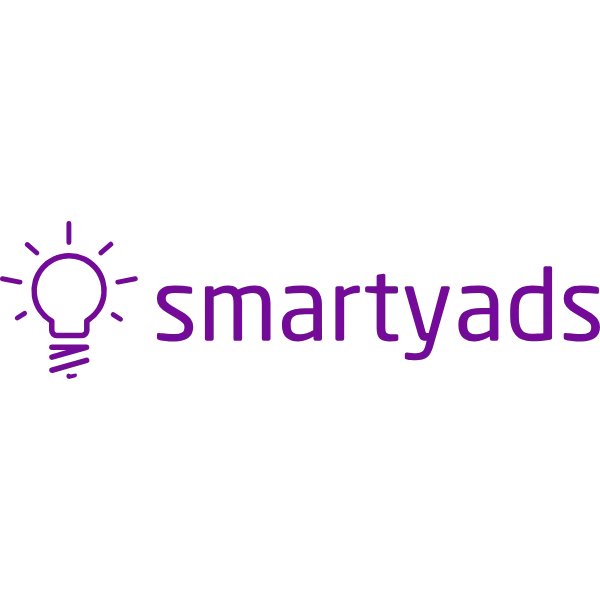


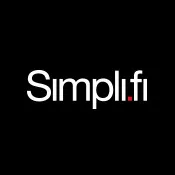
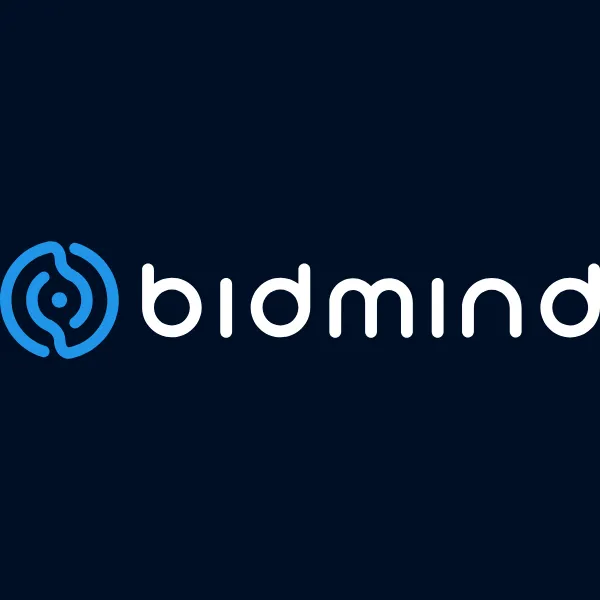
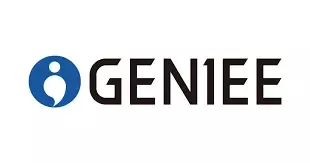
.webp)

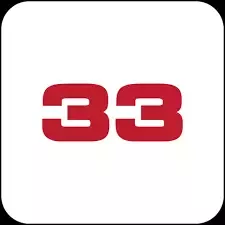
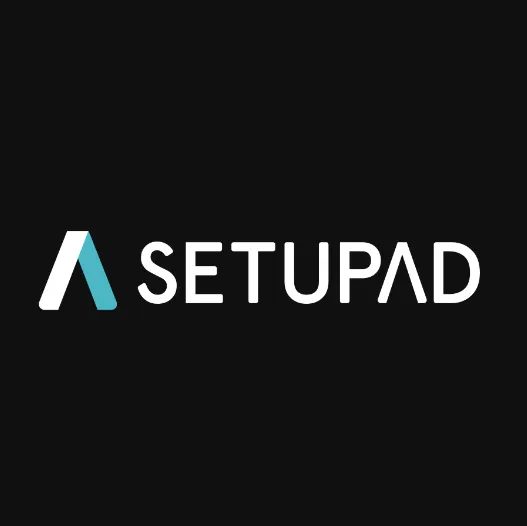

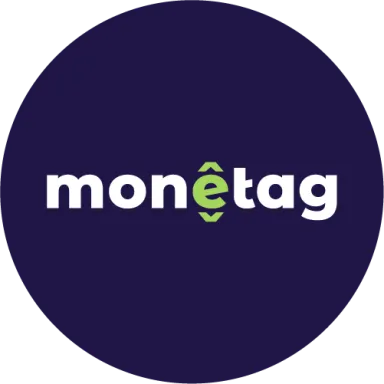


 (1).webp)
